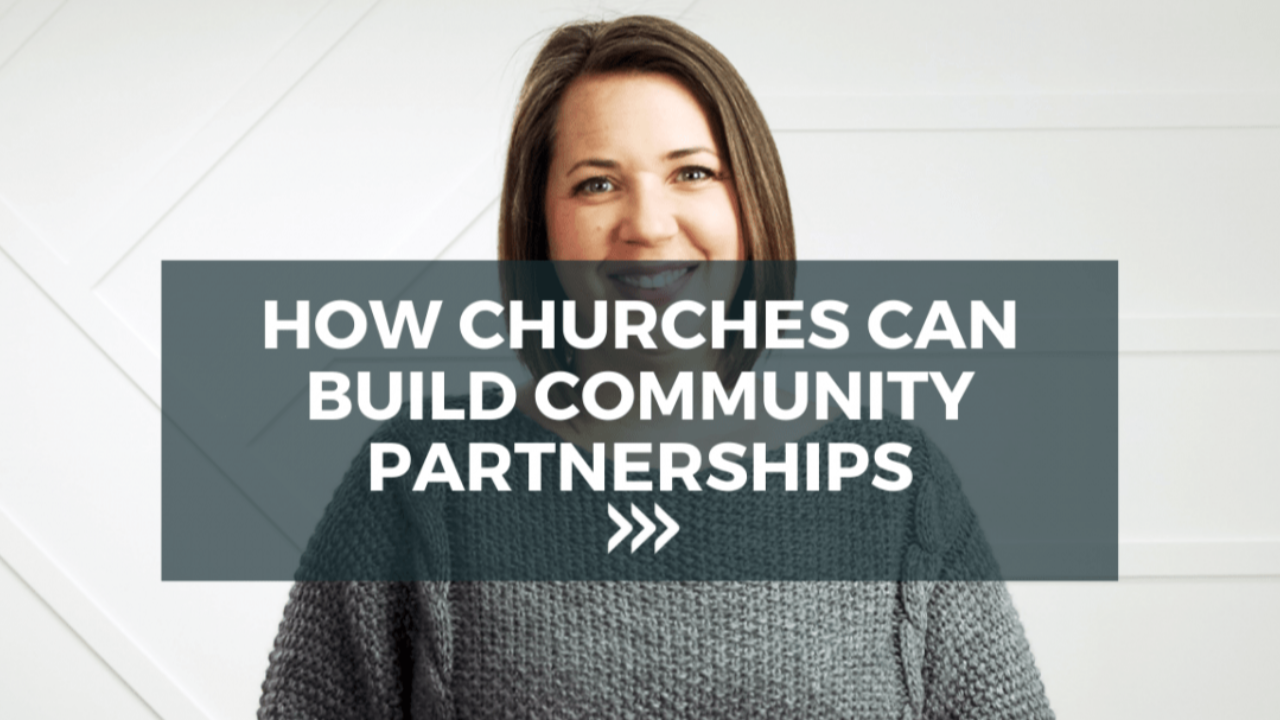HOW CHURCHES CAN BUILD COMMUNITY PARTNERSHIPS
Apr 18, 2023
Let’s be honest, the church is unable to effectively support all the issues that your congregants are facing. In a single day, you can hear from seniors struggling with early signs of dementia, someone wanting support for addiction, and a couple whose marriage is on the rocks looking for guidance.
That’s why it’s necessary to connect with community organizations to support your members’ needs.
But where do you start? Who do you talk to? and who do you trust that will support the person’s faith?
IN ORDER TO HAVE A CARE MINISTRY THAT IS ABLE TO TEND TO THE NEEDS OF YOUR CONGREGANTS WITHOUT ANYONE BURNING OUT, IT’S VITAL TO PARTNER WITH COMMUNITY ORGANIZATIONS.
This will strengthen your church’s ability to serve your congregation and grow your impact and influence within the community. Your people will feel heard, supported, and find victory sooner, becoming a witness to God’s goodness.
FINDING RESOURCES:
The easiest place to begin is by looking for those in your congregation who may already be in the mental health system. There are often nurses, counsellors, teachers or other professions that are connected to the mental health system in your area. These individuals are a great help in discovering what services are available.
As you learn about the resources in your community, begin with finding ones that specialize in areas that address common needs within your congregation. For example, if your church has a lot of seniors then you will want to connect with organizations that specialize in senior issues; or if your church serves young families then find organizations that support parents or provide early childhood services.
In the guide 3 Steps to Building a Care Ministry, there is a template of common community services to help guide your search as well as a place to record their contact and program information. Make sure you grab the guide and access that template to start your search.
Once you have found a few organizations that you think would benefit your church community, the next step is framing the conversation.
FRAMING THE CONVERSATION:
When contacting these organizations, start the conversation by inquiring about their programs and services. Becoming a partner is reciprocal. By asking about their programs as opposed to merely focusing on your own needs, you build the rapport and trust needed for a strong partnership.
If the goal was to merely find resources for your people then yes, inquiring about what services these organizations offer is all that you need.
However, I encourage you to see this as a bigger, more intentional, opportunity. As someone who has worked in community mental health for over 15 years, I can say that most, if not all, calls received are from people looking to use the services offered. But how powerful would it be if you built a partnership?
As a clinician, we are trained to value spirituality in someone’s life. This is called a holistic approach and it’s the most common approach of community organizations. But even though faith is valued and encouraged, it doesn’t mean that organizations are good at offering it.
There is a gap in support that community organizations can’t offer. It would be advantageous for an organization to partner with a church or member of the clergy who also values a holistic approach but whose strength is spiritual support.
I know many of you are at max capacity in caring for your congregations. I offer this as an option because I know it would fill a real need that many churches don’t realize exist. It’s also a great opportunity to be a witness within your own communities.
Churches have an opportunity for partnership and community influence, but it starts with a conversation and genuine curiosity about the organization rather than just focusing on having your needs met.
FOSTER RELATIONSHIPS:
The final step in building partnerships and leveraging community resources is to foster relationships.
An easy way to do this is to find out about the needs of the organization and how you (your church) may be able to offer practical support.
Community organizations are used to people only coming to them to access services, so it would send a powerful message to ask about how you can serve them.
You can offer help by:
- Meeting with those interested in exploring their faith
- Helping with tangible needs (transportation, donations, meals)
Here’s a tip: In your conversations, it’s helpful to avoid church language that may be misleading and confusing. For example, rather than using words like fellowship or ministry, you can use more commonly used words like connection and support.
Community services are in the business of meeting the community’s needs. By accepting their services you are building trust. You can engage with their services by sending them referrals from your congregations, but it can be richer than that. They can help you by being available for consultation if you don’t know how to best serve a member. Or perhaps they could provide training for your team.
By leveraging community resources with the intention of partnership rather than just as a consumer, you are able to build trust and influence within your community. Your church becomes known as one that supports the community’s well-being. In addition, you build a relationship with those who are supporting members of your congregation. You become a valued part of the support network.
Those in your congregation are supported, find freedom and overcome struggles with less stigma. They know that their church is willing and able to access the most appropriate support for them within both the church and community.
Finally, and most importantly, people’s lives are changed, and people who have been transformed can’t help but share the message of God’s love with others.
This is just the first step in building a care ministry in your church, so grab 3 Steps to Building a Care Ministry to read the final two steps.

